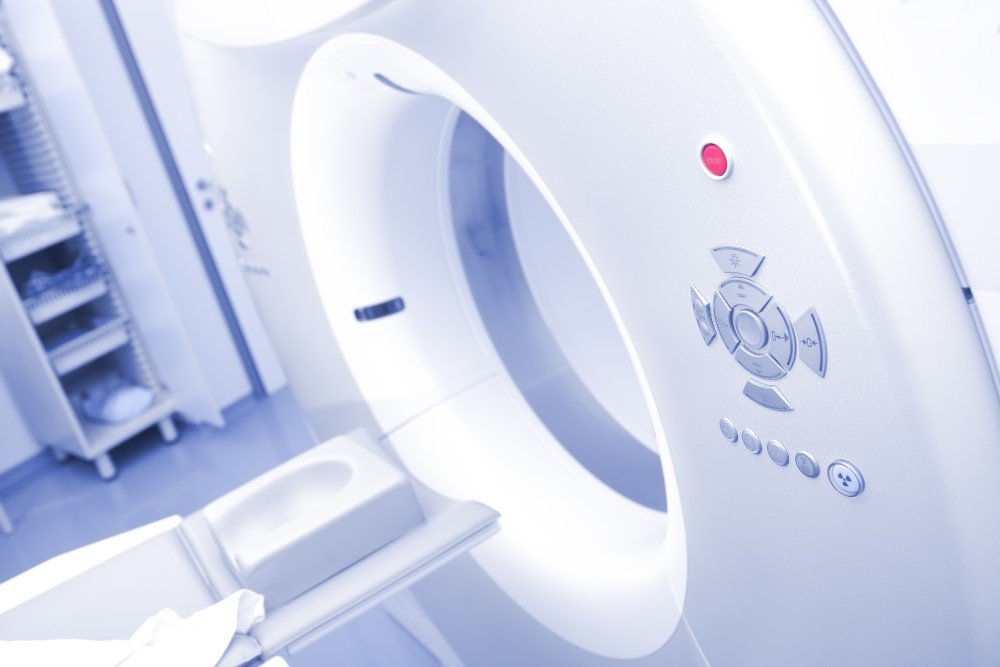CT Angiography / MR Angiography
A coronary angiogram is a procedure that uses X-ray imaging to see your heart's blood vessels. The test is generally done to see if there's a restriction in blood flow going to the heart. Coronary angiograms are part of a general group of procedures known as heart (cardiac) catheterizations. Cardiac catheterization procedures can both diagnose and treat heart and blood vessel conditions.

What is CT Angiography?
Doctors use angiography to diagnose and treat blood vessel diseases and conditions. Angiography exams produce pictures of major blood vessels throughout the body. In some cases, a contrast material is used.
Doctors perform angiography using:
- x-rays with catheters
- computed tomography (CT)
- magnetic resonance imaging (MRI)
CT angiography uses a CT scanner to produce detailed images of both blood vessels and tissues in various parts of the body. During the exam, contrast material is injected through a small catheter placed in a vein of the arm. A radiologic technologist will capture high-resolution CT images while the contrast material flows through the blood vessels.
What is MR Angiography?
Doctors use angiography to diagnose and treat blood vessel-related diseases. Angiography exams produce pictures of major blood vessels throughout the body. In some cases, contrast material is used.
Doctors perform angiography using:
- fluoroscopy (x-rays) to help place catheters into blood vessels and inject contrast to help visualize them
- computed tomography (CT)
- magnetic resonance imaging (MRI)
In magnetic resonance angiography (MRA), a powerful magnetic field, radio frequency waves and a computer are used to evaluate blood vessels and help identify abnormalities. This exam, like all MR-based exams, does not use radiation.
An MRA exam may or may not use contrast material. If needed, an injection of a gadolinium-based contrast material may be used. Gadolinium is less likely to cause an allergic reaction than the iodinated contrast material used in CT angiography. The doctor or the technologist will usually administer the contrast material by placing a small intravenous (IV) catheter in a vein in your arm.

Southwestern Cardiac Arrhythmia Institute specializes in diagnosing and treating arrhythmias with advanced cardiac electrophysiology care.